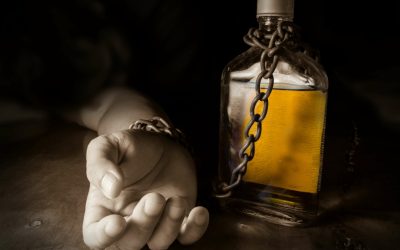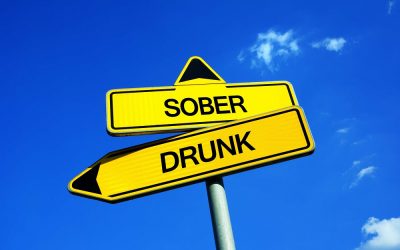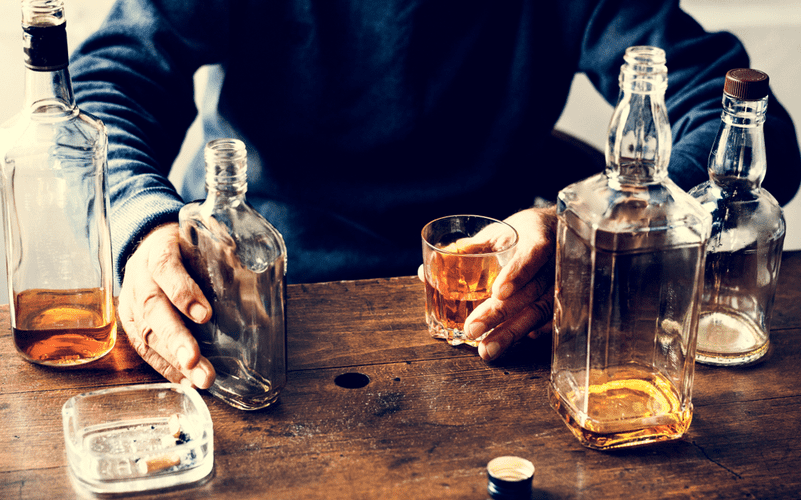This colossal tome is the cornerstone of the 12-step philosophy. Its pages hold the stories, experiences, and hard-won insights of countless individuals who’ve found sobriety through the program. Dive into this book for a firsthand account of the transformative power of connection and shared struggles. When it comes to breaking free from the clutches of addiction, finding the right therapeutic approach can make all the difference. Just like every person’s journey through recovery is unique, so too is the range of therapies available to support them. Let’s dive into the world of addiction treatment and explore the therapeutic modalities that can help guide you towards lasting recovery.
Spiritual Malady AA Big Book for Addicts and Alcoholics
These core beliefs make it harder for us to connect with a god of our understanding. A spiritual malady, then, reduces to a sense of otherness felt by https://ncsabuja.org.ng/2021/08/24/weed-sick-high-potency-cannabis-leads-to-er-visits/ many alcoholics that prevents them from feeling at peace with themselves and the world around them. The role of physical dependence and psychological addiction in alcoholism partly explain why those with alcohol use disorder are unable to moderate or discontinue use. To initiate a full and sustained recovery, it is also helpful to address the spiritual role of this disease. Community-based organizations often offer support groups tailored to spiritual recovery, providing a network of individuals who understand the challenges and triumphs of the recovery journey.
- From my own experience, I came to believe that Bill was right when he declared that alcoholism is a spiritual illness.
- Spirituality is the aspect of recovery that I think most often gets overlooked.
- From mindfulness practices to regulating your emotions, DBT helps you build resilience and cope with triggers without resorting to unhealthy behaviors.
- The solution to spiritual malady offered by Alcoholics Anonymous is to affect a spiritual awakening – in essence a psychic shift or attitude adjustment.
- It doesn’t matter what your Higher Power is; what matters is that you believe in something that can help guide and support you on your journey to recovery.
Don’t Let The Lies Speak To You…

It’s the void we feel when we’re stuck in the alcohol trap. It’s the psychological “itch” we can’t manage to scratch — the feeling that something’s missing (and that a drink might make it better). The spiritual and transpersonal aspects of the path offer a compass and a guiding light on this transformative journey. By embracing these principles, individuals can unlock the hidden resilience and wisdom that lies within them, forging a life of meaning, purpose, and lasting freedom from addiction.
- We’re going to look specifically at four areas of our lives.
- We won’t actually act on this step until we get to Principle 6.
- Let’s find out what the spiritual malady is in AA terms, and explore some ways to reframe the concept into one that’s a bit more science-based, practical, and optimistic.
The threefold illness

Finally, someone explained to me that those things are not the insanity that the Big Book talks about; nor are those things why the alcoholic’s life becomes unmanageable. Acts of service not only benefit others but also contribute to our own spiritual growth. Helping others helps build a stronger spiritual foundation, counteracting selfishness and promoting a sense of connectedness and community. Taking time for reflection, pondering the spiritual malady definition significance of life events, and practicing forgiveness and compassion are key practices for spiritual wellness.
Craig Ellis Recovered: Interviews with Alcoholics
You are merely instructed to be open to the idea that you are not the end all be all, that there exists out in the universe something that is greater or more powerful than yourself. However, you choose to interact with that higher power is also up to you. This spiritual malady, or spiritual disconnection, is the driving force behind our addiction and self-destructive behaviors. Without addressing this spiritual malady, we have absolutely no hope for intrinsic change or recovery. It is this notion that the fellowship of AA was founded upon, and how millions of recovered alcoholics equate their success in overcoming a seemingly hopeless situation.
What About God?
Thankfully, the “spiritual malady” is no longer a “missing piece” of Step One for me. The AA Big Book describes a spiritual malady as the inner turmoil, selfishness, and fear that drive addiction. It appears in the bedevilments—feeling restless, anxious, and disconnected from others. The book teaches that recovery requires a spiritual solution, where working the 12 Steps restores sanity and connection to Substance abuse a higher power. In short, it’s the inner turmoil, restlessness, and disconnection that many people struggling with addiction experience.


